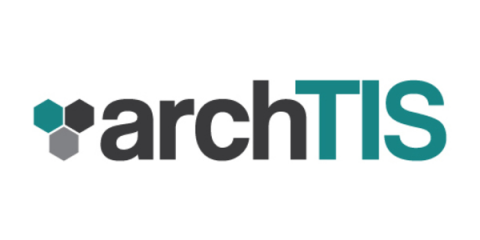Exploring the Nevada Privacy Law (NRS 603A) and its Impact on Data Protection
When the Nevada Revised Statutes Chapter 603A (Nevada Privacy Law) was first proposed, it only required businesses to notify consumers in the event of a data breach. Since then, the law has been expanded and amended on several occasions. Today, the law grants resident consumers various privacy rights and requires operators and data brokers to adhere to strict data protection regulations.











